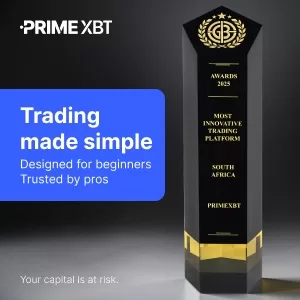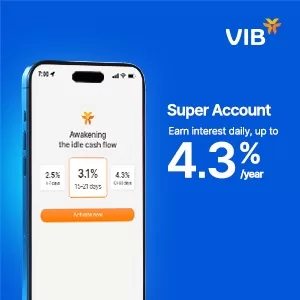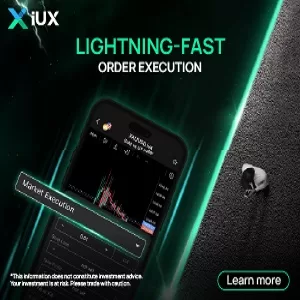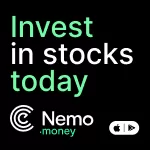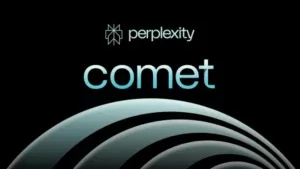Perplexity AI’s Chrome Bid: Inside the $34.5 Billion Move That’s Stirring Up the Internet
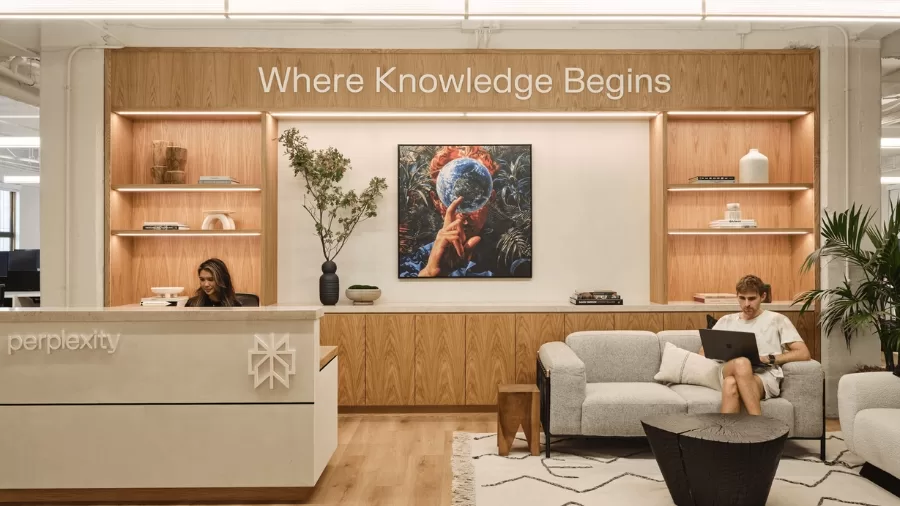
- A young AI company has offered to buy the world’s most used web browser.
- The offer came just as Google faces antitrust pressure in the U.S.
Reporting From the Middle of Tech’s Most Unlikely Power Move
When the story broke, I was sitting in a café near King’s Cross, sifting through routine press releases. Most of them blurred together — quarterly results, funding rounds, yet another AI-powered feature from yet another startup. Then I saw it. Perplexity AI, a company barely three years old, had made a formal offer to buy Google Chrome. The number was what caught me first — $34.5 billion. Not in stock. Not in a staggered payment plan. In cash.
At first glance, it read like a typo. A browser used by more than three billion people was suddenly the target of an acquisition from a firm worth less than half the price it was offering. But it wasn’t an error. The bid was real. And as I soon discovered, it was also strategically timed, legally provocative, and full of ambition.
Chrome — The Quiet Superpower
If you’ve used the internet in the past decade, chances are you’ve used Chrome. Introduced in 2008, it soon became the fastest-growing browser on both desktop and mobile platforms. Its popularity was centred on speed: fast load time and a clean interface, with many Google services integrated.
Today, Chrome commands a global browser market share of over 63%, serving as the point of entry to the internet for billions of users. However, it is more than just a utility tool – it is a strategic asset. Chrome pulls users into Google Search, and that is where the money is made via advertising on Google. Every click, every search, every webpage visit feeds into a loop that generates hundreds of billions in ad revenue for Alphabet Inc., Google’s parent company.
To the average user, it’s a browser. To Google, it’s a cornerstone.
Who Is Perplexity AI?
Perplexity AI is not a name that has reached the mainstream just yet, but in Silicon Valley, it’s gaining ground rapidly. The company was founded in 2022 with a clear goal — to reimagine how people search the web. Unlike traditional engines that return ranked lists of links, Perplexity delivers direct, AI-generated answers.
This isn’t a side experiment. In May 2025 alone, the platform handled over 780 million queries. The company also launched its browser, called Comet, an early effort to explore how AI and browsing could merge into one experience.
Its backers are serious players. Jeff Bezos is one of the lead investors. Others include Nvidia and SoftBank. The company’s latest valuation, according to investor documents, is estimated between $14 and $18 billion.
So why would a company worth $18 billion offer nearly double that to buy Chrome? It comes down to timing — and antitrust pressure.
The Antitrust Opening
In June 2025, the U.S. Department of Justice won a major antitrust case against Google. The verdict: Google had abused its dominant position in the online search market. While fines and restrictions are standard in such rulings, one possible remedy stood out: a proposal to break up Google’s integrated services.
And Chrome, as a browser that feeds into search, became a prime candidate for divestiture.
Enter Perplexity. Within weeks of the ruling, they submitted their offer: $34.5 billion in cash. They promised to keep Chromium, the open-source version of Chrome, freely available. They agreed to retain Google as the default search engine, at least initially. And they pledged to invest $3 billion over two years to enhance Chrome’s performance and infrastructure.
It was a bold move, but not a hostile one. Perplexity framed the offer as collaborative — a chance to own the interface without dismantling its legacy.
The Funding Question
One of the most frequently asked questions — on Reddit threads, in boardrooms, and among analysts — is straightforward: how does a company valued at $18 billion afford a $34.5 billion cash acquisition?
According to Perplexity’s filings, the money isn’t coming from internal reserves. Instead, they’re raising the funds through a mix of external investment and strategic partnerships. Bezos, with a longstanding rivalry against Google through Amazon, is reportedly involved. No banks or institutional co-investors have been officially named.
This kind of leveraged acquisition isn’t common in tech, but it’s not unprecedented. What’s different here is the scale and the fact that the target is one of the internet’s most used applications.
If It Goes Through, What Changes?
If regulators approve the sale and Perplexity becomes the new owner of Chrome, it could fundamentally reshape the browser landscape.
First, search behaviour might evolve. Perplexity’s entire model is built around AI-generated answers. That means fewer blue links and more summarised responses — a direct challenge to how users have interacted with search for the last 25 years.
Second, advertising models might shift. Google Ads relies on traffic flowing through Google Search, which in turn is accessed via Chrome. If Perplexity adjusts Chrome’s search interface or partners with other ad networks, that flow could change.
Third, smaller players might benefit. If Chrome becomes less tied to Google’s ecosystem, other search providers — including Bing, Brave, and even DuckDuckGo — might gain visibility.
What If It Doesn’t?
The interesting thing about this bid is that even if it fails, Perplexity still stands to gain. The offer has already catapulted them into the media spotlight. Investors, users, and competitors now know their name. Their product, which was largely confined to early adopters and tech circles, is being widely tested and discussed.
In that sense, it may also serve as a signal to regulators that there are willing buyers for Chrome, should divestiture become mandatory. And that Google doesn’t have to be the only company controlling the gateway to search.
So, whether the deal is approved or not, Perplexity is positioning itself as a credible force in the next phase of internet navigation.
Who Else Might Be Interested?
Although Perplexity was the first to submit a formal bid, there might also be other interested buyers circling.
Industry chatter has thrown OpenAI and Yahoo in as potential suitors, though no public declarations have ensued from either. Should the legal formalities also be dragged through and Chrome be officially declared for sale, an actual bidding war might erupt – perhaps pushing the price even further.
However, Perplexity will have an early strategic advantage, as it is demonstrating intent, opportunity, and readiness to act. That may carry weight with regulators who want clean transitions, not drawn-out corporate fights.
Google’s Silence
So far, Google has remained quiet. The company has not released a statement regarding Perplexity’s bid.
Behind the scenes, however, sources suggest Google sees Chrome as non-negotiable. It’s not just a product — it’s the access point to Search, Gmail, YouTube, Maps, and a dozen other integrated services. To let go of Chrome would be to give up leverage across multiple revenue streams.
If forced to divest, Google is likely to push back hard — appealing rulings, lobbying lawmakers, or proposing alternate remedies that preserve Chrome’s place in-house.
Google vs. Perplexity — Market Overview
Google (Alphabet Inc.):
- Market Cap: Over $1.8 trillion (2025)
- Key Assets: Google Search, Chrome, YouTube, Android, Google Ads
Perplexity AI:
- Valuation: $14–18 billion
- Core Products: AI search engine, Comet browser
- Key Backers: Jeff Bezos, Nvidia, SoftBank
The scale difference is clear. But the ambition gap is shrinking.
What This Means for the Internet’s Future
Browsers are more than apps. They decide what information we see, how fast we see it, and who benefits from that interaction. For over a decade, Google Chrome has shaped that experience. If ownership changes hands, it could signal a broader shift — not just in browsing, but in how we engage with the internet itself.
Will search become more conversational? Will ads become more contextual? Will data ownership change?
These aren’t just questions for Silicon Valley. They’re questions for everyone who uses the web.













